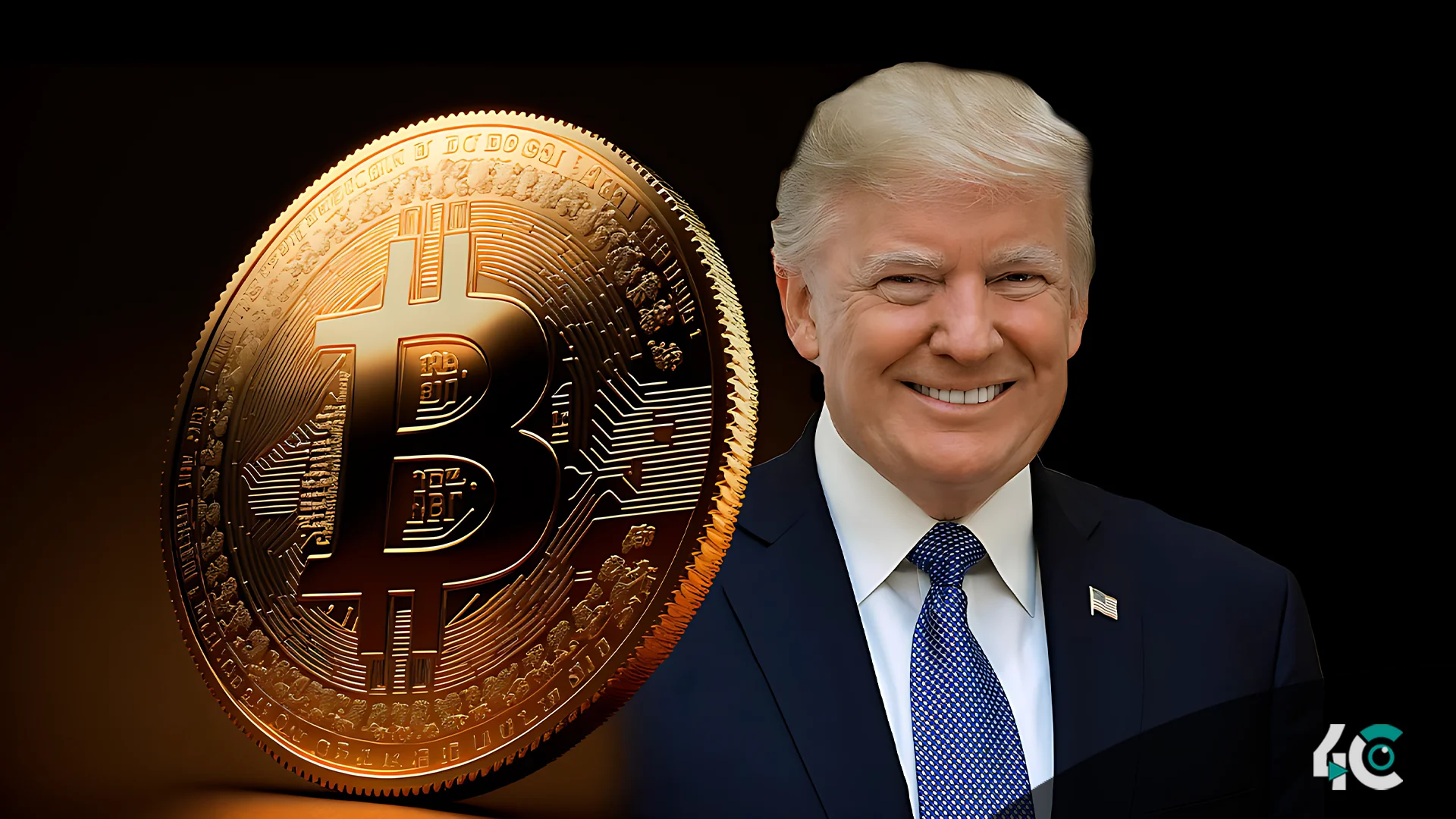As Donald Trump takes office as the 47th President of the United States, there is mounting debate about his administration’s stance on cryptocurrencies. According to sources quoted by the New York Post, Trump is considering establishing a strategic cryptocurrency reserve that prioritizes US-based tokens like USD Coin (USDC), Solana (SOL), and XRP.
This prospective move has elicited conflicting comments from the cryptocurrency community. While advocates see it as a significant move toward fostering crypto innovation in the United States, detractors worry it risks marginalizing Bitcoin (BTC), the world’s largest cryptocurrency. Trump’s campaign promises hinge on the concept of a national Bitcoin reserve, sparking controversy over the inclusion of altcoins in this program.
Trump’s pro-crypto stance has been clear since his campaign, when he committed to establishing a national Bitcoin reserve and implementing cryptocurrency-friendly regulations. He also announced efforts to eliminate existing regulatory barriers and reform the US financial sector to accommodate digital assets. We anticipate his administration issuing executive directives to strengthen the cryptocurrency business.
Recent reports indicate that Trump had discussions with Ripple CEO Brad Garlinghouse and Chief Legal Officer Stuart Alderoty, which sparked speculation about the potential inclusion of XRP in the proposed reserve. However, some have expressed concern over cryptocurrencies’ volatility in comparison to Bitcoin. Some industry leaders have warned against relying heavily on non-BTC tokens, stressing the possibility of large losses during market downturns.
In addition to these events, Trump has indicated plans to restructure major regulatory bodies, removing SEC Chair Gary Gensler and hiring officials who are more optimistic about cryptocurrencies. His ambitions also include forming a Crypto Presidential Advisory Council and establishing the United States as a global leader in Bitcoin mining.
While Trump’s emphasis on US-based tokens may encourage local innovation, critics warn that nationalizing digital assets may erode the decentralized nature of blockchain technology. Experts highlight that, while Bitcoin is a symbol of decentralized banking, adding altcoins into a national reserve may hinder efforts to maintain market trust and stability.
As excitement grows for Trump’s inauguration, the cryptocurrency market has reacted with substantial activity. Altcoins such as Solana and XRP have seen price increases, indicating rising investor interest. However, questions remain regarding the strategy’s long-term ramifications for both the US cryptocurrency ecosystem and the worldwide market.
Whether Trump’s administration will pursue this contentious plan remains to be seen, but it is obvious that cryptocurrencies will play a critical role in influencing the future of US financial policies.
































